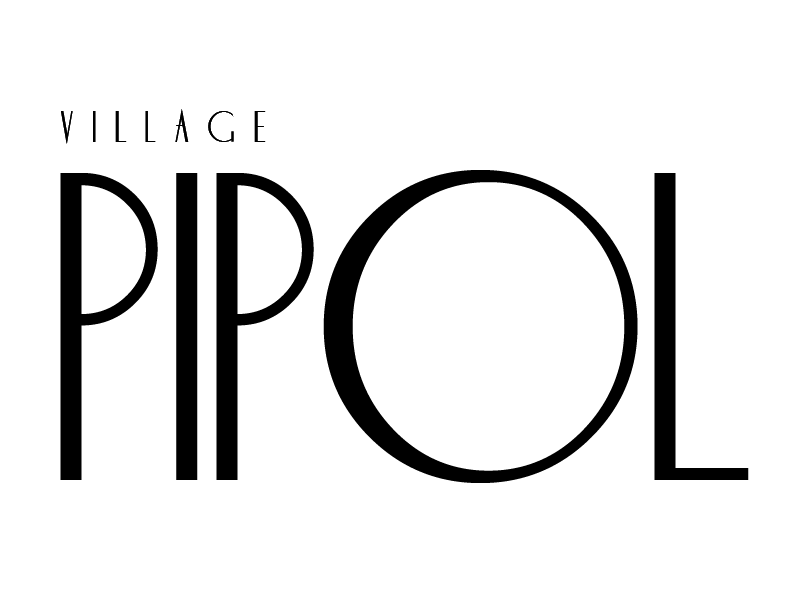What is Buwan ng Wika and Why do Filipinos celebrate it?
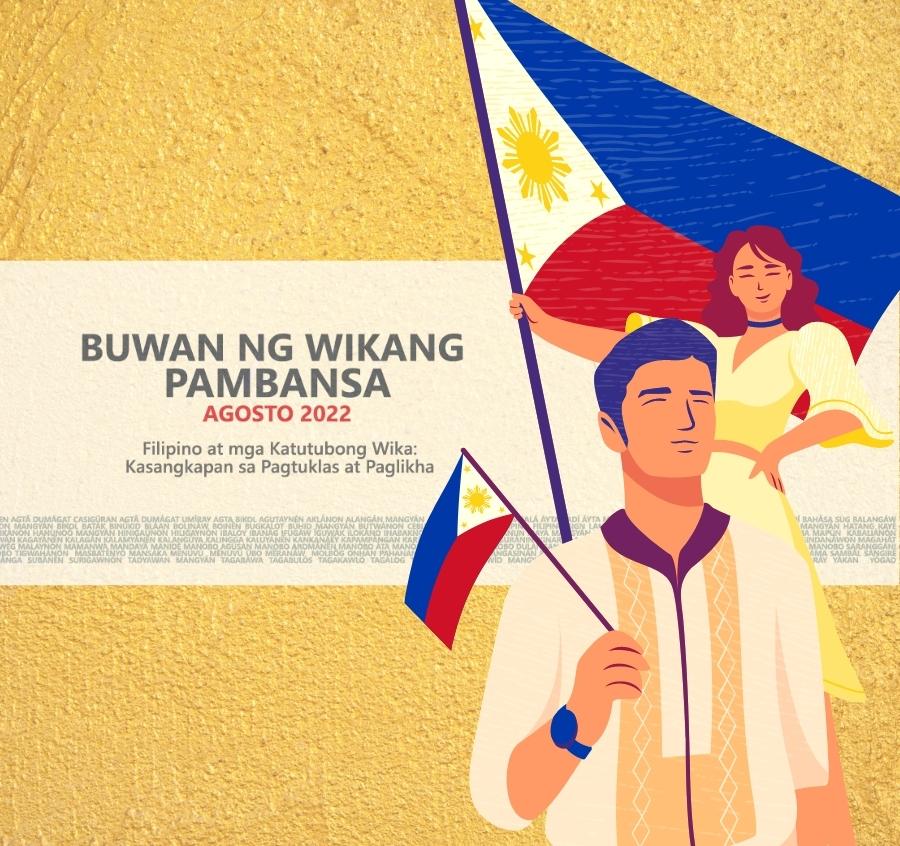
Hearing Buwan ng Wika instantly takes me back to Balagtasan, Sabayang Pagbigkas, and Slogan-Making competitions during my elementary and high school years. After all, I was the kind of student that gets an adrenaline rush when joining such extracurricular affairs. Although, as fun as they are, school activities should not be the defining point of August for us. Instead, we Filipinos should put more emphasis and appreciation on this celebration’s history and essence.
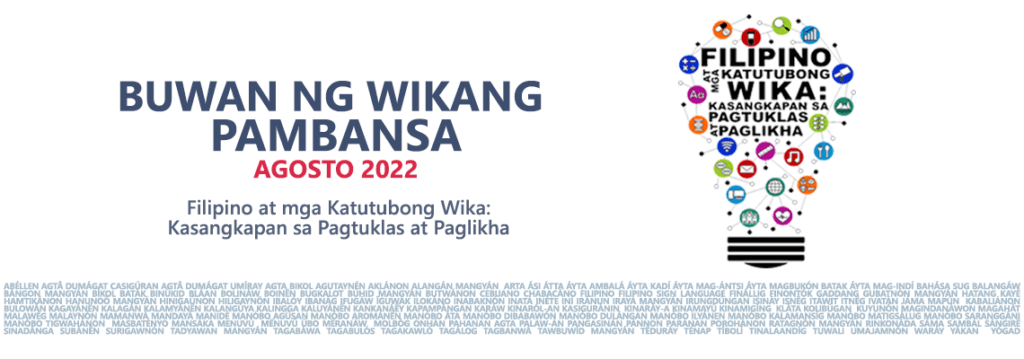
FILIPINO OR PILIPINO: A LONG HISTORY
Before diving into Buwan ng Wika itself, it is best to first know the history of the very thing we are celebrating – Pambansang Wika, or National Language.
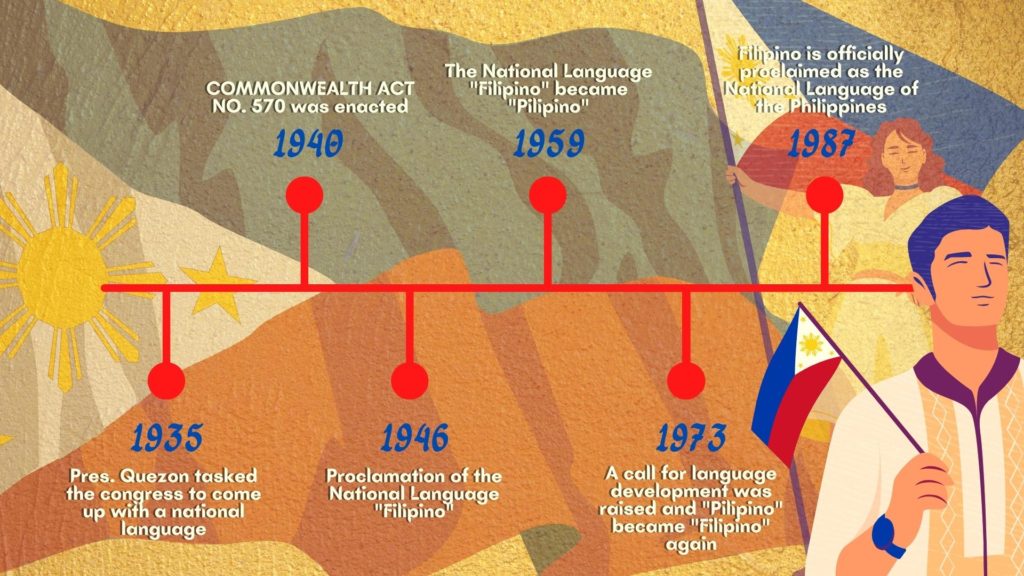
1935
The vision of having a national language that will unite our country started during the presidency of President Manuel L. Quezon. Following the 1935 Constitution, the Congress is to develop a national language based on one of the existing native languages in the Philippines.
1940
The Commonwealth Act no. 570 solidified and proclaimed the Tagalog-based Filipino to be the national and official language of the Philippines.
1946
The proclamation of Filipino as the national language happened this year. In turn, the use of Filipino in education, mass communication, and official communications heightened.
1959
In 1954, President Ramon Magsaysay released a proclamation that used the term Pilipino for the national language. But, it was not until 1959 when a department order released by Secretary Romero officially coined Pilipino as the national language.
1973
Debates regarding the national language continuously arise. To address issues about conflicting views and other native languages, the Committee on National Language recommended replacing Pilipino with Filipino. The rebranded Filipino language should also include more aspects of different native languages in its development.
1987
Filipino as the national language of the Philippines is officially settled upon the development of the 1987 Philippine Constitution. The Filipino language is expected to be continuously developed and enriched based on existing Philippine languages.
A CELEBRATION OF LANGUAGE AND FIGURES
Buwan ng Wika is done to celebrate our national language and to commemorate the crucial figures that helped in its development. But, just like the national language, this celebration encountered many changes; let us look at why these changes were necessary and how they affected the festivity.
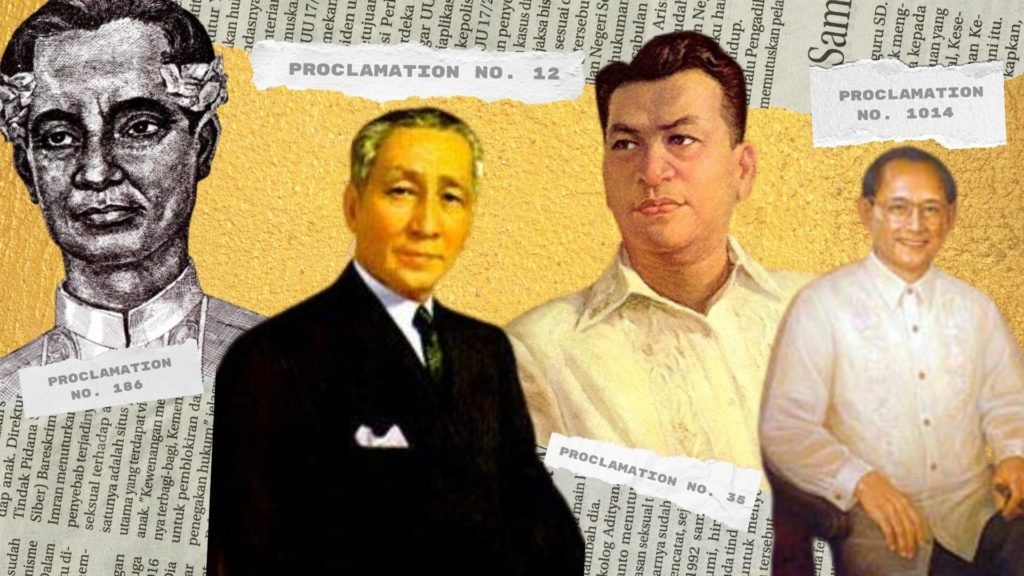
1946-1954
Following the declaration of Filipino as the national language, President Sergio Osmeña released Proclamation no. 35. This officially announced the commemoration of week-long Linggo ng Wika from March 27 to April 2. The festival ends on April 2 to commemorate the birthday of the outstanding Filipino litterateur and poet Francisco Balagtas.
1954
President Ramon Magsaysay released Proclamation no. 12 changing the date of commemoration of Linggo ng Wika. In his decree, Linggo ng Wika is to be celebrated from March 29 to April 4. By changing the dates, he places Balagtas’ birthday in the middle, emphasizing the litterateur more.
1955
A year later, President Magsaysay released Proclamation no. 186. He moved the celebration to August 13-19 from the original March 29 to April 4. This is because schools are on vacation and could not participate during the previous festival. Coincidentally though, August 19 is President Manuel Quezon’s birthday, and he is considered the father of the Filipino language. Although it is unclear if President Magsaysay also had this in mind, it is clear that the celebration did not steer far from honoring a crucial figure in the Filipino language’s development.
1997
The last change to this celebration happened during President Fidel Ramos’ term. His Proclamation no. 1014 declared that every August will be the month-long celebration of our national language, Filipino; hence the annual Buwan ng Wika celebration.
It took us multiple decades to finally have a national language and a celebration commemorating it. For a country of various languages and dialects, its creation is necessary to unify us, our thoughts, and our different views. This celebration is held annually to remind us of our language’s history and importance, which we should not lose track of. And, embodying the 2022 Buwan ng Wika theme: Filipino at mga Katutubong Wika: Kasangkapan sa Pagtuklas at Paglikhâ, let us continue to deepen our understanding of our national language in order to aid more in our nation’s development.
Darlene, better known as Da, is currently a broadcasting student at the Polytechnic University of the Philippines - Manila. Her interests lie in K-pop, books, and coffee. With living an *extra* life in mind, she aspires to change the world for the better with the same grace and grandeur as Legally Blonde's Elle Woods.

